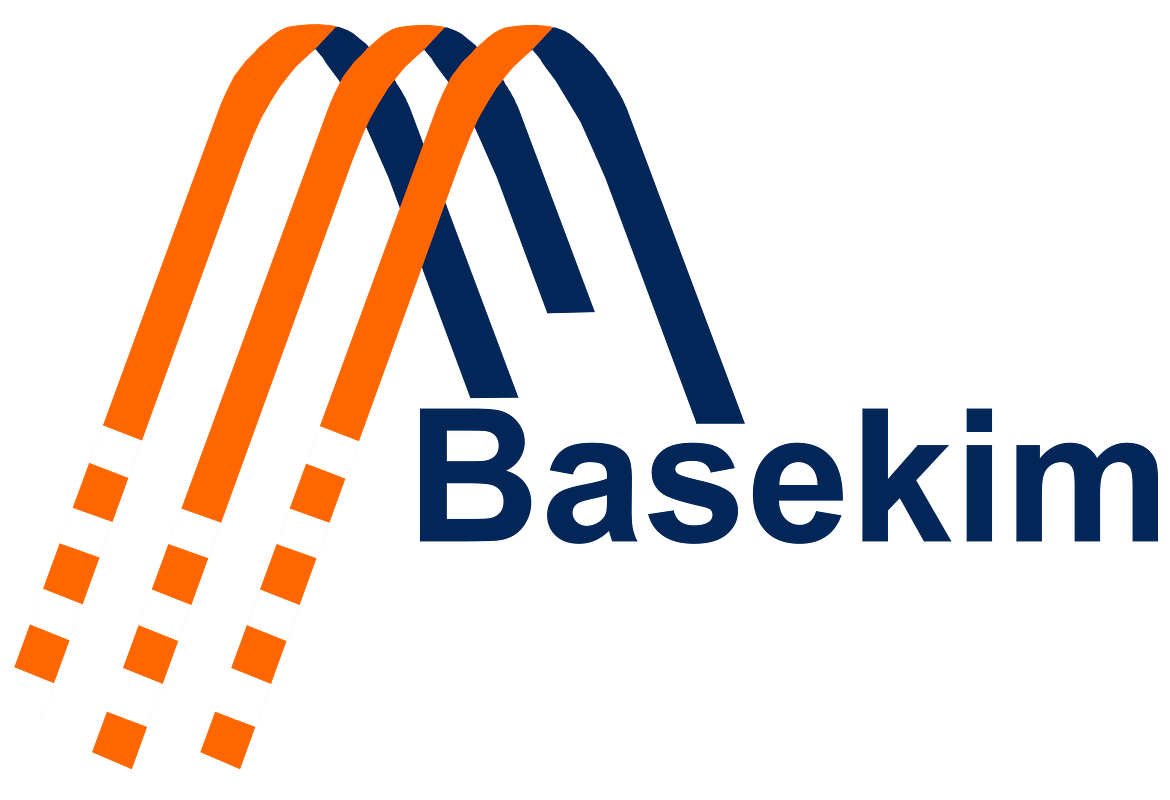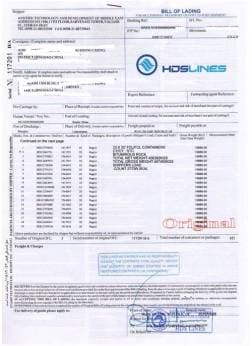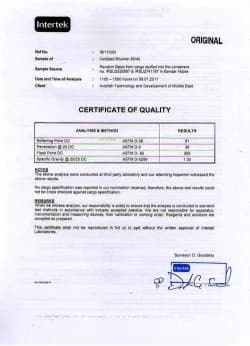Bitumen MC70 – Optimized Binder for Stronger, Longer-Lasting Road Foundations
Bitumen MC70 is a medium-curing cutback bitumen specifically engineered for road priming in projects that demand stronger adhesion and deeper penetration than lighter grades such as MC30. With a slower evaporation rate and balanced viscosity, MC70 cutback bitumen forms a robust bond with aggregates, ensuring reliable pavement performance even under heavy traffic.
This grade has become the standard choice for contractors working on highways, urban roads, and industrial yards where durability and long-term stability are critical.
Technical Distinction of MC70
Compared to lighter binders, Bitumen MC70 offers:
Curing Speed: Moderate evaporation rate that prevents premature setting in warm climates.
Viscosity: Typically 70–140 cSt at 60°C, allowing deeper penetration than MC30 but with sufficient flowability for easy application.
Residue Content: Approximately 55–65% after distillation, leaving behind a durable binder film.
Penetration of Residue: 80–120 dmm at 25°C, ensuring flexibility under traffic stress.
Flash Point: Above 40°C, meeting safety requirements for field application.
These engineering parameters make Bitumen MC70 highly effective in stabilizing granular road bases and preparing them for asphalt overlays.
Why Contractors Choose MC70
Optimized Curing Window
Provides contractors with enough working time for proper spreading and absorption without delays in project schedules.Reliable Aggregate Bonding
Ensures aggregates remain intact under traffic loads, minimizing displacement or stripping.Consistency Across Climates
Performs well in both hot and moderately cool environments, offering versatility for international projects.Durable Residual Film
After curing, MC70 cutback bitumen leaves a flexible, elastic film resistant to cracking and wear.Compatibility with Construction Methods
Can be applied by spraying, brushing, or distributor trucks with minimal heating requirements.
Application Domains of Bitumen MC70
High-Traffic Road Priming: Creates a strong interface between the compacted base and asphalt layer, ensuring structural stability.
Surface Dressing for Busy Routes: Suitable for highways and arterial roads, improving skid resistance and sealing the surface against water ingress.
Preventive Maintenance Programs: Used to reinforce existing pavements before resurfacing, extending service life.
Industrial Roads and Logistics Yards: Provides load-bearing strength in zones with continuous heavy vehicle operations.
Dust Control on Access Roads: Effective for stabilizing unpaved industrial or agricultural pathways.
Production Process and Quality Assurance
The production of MC70 follows international standards:
Base Bitumen Selection: Only penetration-grade bitumen with stable rheological properties is used.
Solvent Incorporation: Medium-curing petroleum distillates blended in precise ratios.
Temperature-Controlled Mixing: Prevents premature evaporation and ensures uniform blending.
Laboratory Testing: Each batch evaluated for viscosity, flash point, penetration, and residue under ASTM D2027 and AASHTO M82.
Sealed Storage: Final product kept in airtight tanks or drums to preserve solvent content.
Packaging and International Distribution
Bitumen MC70 is supplied in various packaging solutions:
Steel drums (185–200 kg net weight) with rust protection
Bulk tankers for large-scale infrastructure projects
IBC containers for industrial and precision applications
Custom packaging tailored to client specifications
With Basekim’s global logistics network, shipments of MC70 are delivered under FOB and CIF terms, supported by MSDS, quality certificates, and export compliance documentation.
Safety Protocols for MC70
Store in well-ventilated, cool areas away from flames and heat sources
Always use protective clothing, gloves, and goggles during handling
Ensure good ventilation in enclosed application zones
Follow international transport standards for petroleum products
Frequently Asked Questions (FAQ)
Q1: Can oxidized bitumen substitute MC70 for priming?
No. Oxidized grades are rigid and intended for sealing, while MC70 is designed for priming and bonding applications.
Q2: How does MC70’s curing compare to MC30?
MC70 cures more slowly than MC30, allowing deeper penetration and stronger adhesion, making it suitable for heavy-duty roads.
Q3: Is blending MC70 with oxidized binders advised?
Not generally, as the two materials are engineered for different applications.
Q4: What about storage life?
MC70 cutback must be stored in airtight containers due to solvent content. Oxidized grades last longer as they do not contain volatile solvents.
Table of Contents
Technical Specifications
| Property | Typical Value |
|---|---|
| Kinematic Viscosity @ 60°C (cSt) | 70 – 140 |
| Flash Point (°C, Min) | 38 |
| Distillation Test Residue (%) | 55 – 70 |
| Penetration @ 25°C (dmm) | 120 – 250 |
| Solubility in Trichloroethylene (%) | 99.0 Min |
| Water Content (%) | 0.2 Max |
| Residue Ductility @ 25°C (cm) | 100 Min |


